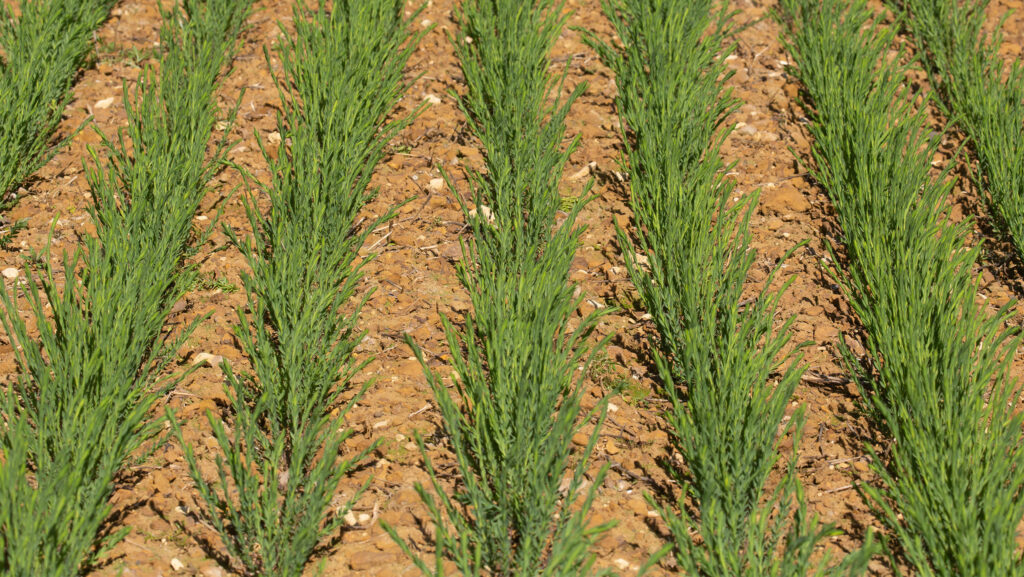Growers invited to alternative break crop trial in Fife
 Winter linseed © Tim Scrivener
Winter linseed © Tim Scrivener Growers and agronomists are invited to an alternative break crop open day at two Scottish trial sites, on 23 May, to discover the latest findings on oilseed rape and linseed.
This follows successful winter linseed trials, which sees Scottish Agronomy fully endorse the crop to now be grown in Scotland.
The open day, in Fife, will give delegates the chance to visit two trial sites and receive a range of expert presentations, run by seed company Premium Crops in partnership with Scottish Agronomy.
See also: How harvest cultivations can help beat flea beetle in OSR
Premium Crops seeds and marketing manager Nigel Padbury explains: “We’re delighted to offer UK growers the opportunity to see first-hand the results of our most recent Scottish-based trials.
“The early results are incredibly promising and we’re excited to showcase this in partnership with Scottish Agronomy.
“Our expert agronomists will be on hand for any specific queries and we are looking forward to meeting growers from across the UK.”
The morning visit will be to the high erucic acid rape (Hear) trial site, and the afternoon visit to the winter linseed trial will follow a lunch, which will be held adjacent to the site.
The trials have all worked towards three objectives:
- Test and compare the performance of new and commercial varieties
- Assess varieties for agronomic performance
- Provide clear data for customers to understand the difference in varieties for the UK climate.
Growers who would like to attend need to register.
The preliminary itinerary is:
- 10.00am Visit to Hear trial, near Culross (limited spaces)
- 12.30pm Lunch, near Glenrothes, including short presentations
- 2pm Visit to winter linseed trial site, near Glenrothes
- 4.30pm End and depart
Sneak preview of winter linseed results
- Yields of more than 3t/ha (2022 was 3.36t/ha. 2023 was 3.37t/ha)
- Solves problems caused by excessive overcropping of oilseed rape
- Reduces build-up of OSR as a weed
- Excellent control of Runch, Charlock and Cranesbill
- Halts declining OSR yields from clubroot and virus infections
- Not a target for cabbage stem flea beetle
- Reduces slugs in subsequent wheat crops

